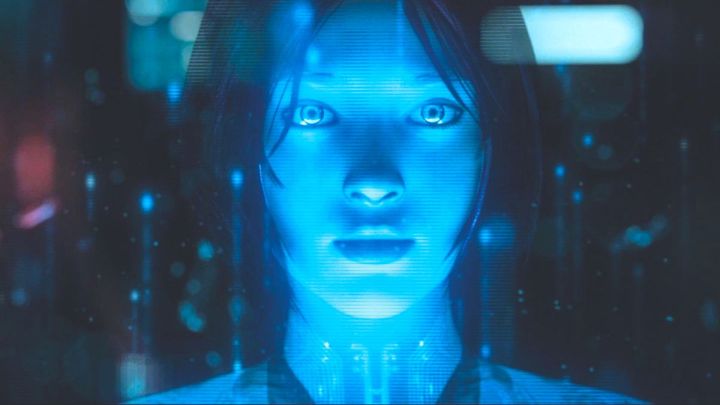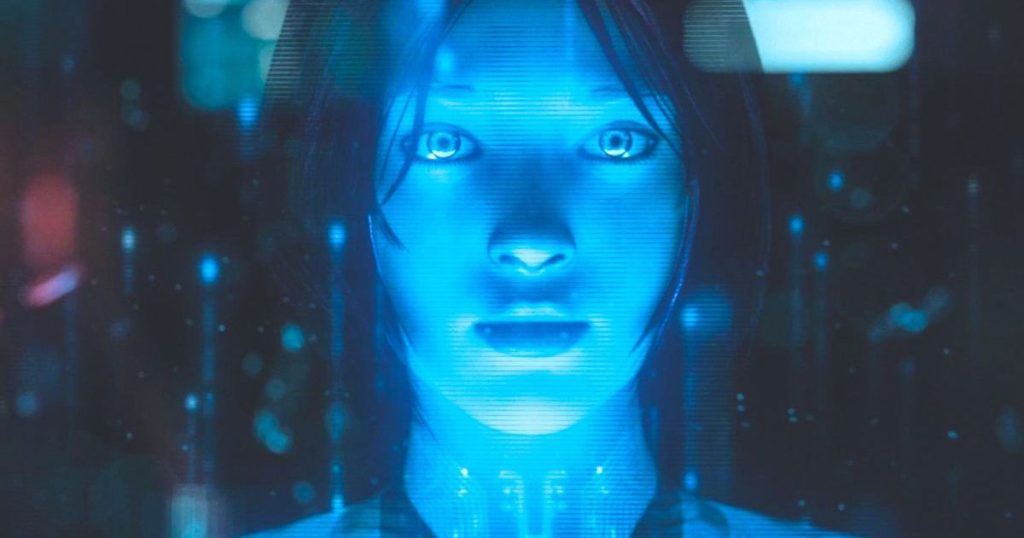Just like any other slang, gaming terminology is constantly evolving and easy to get lost in, especially if you aren’t very tuned in to online gaming communities or are a younger gamer. Gaming terms can also leak into the real world and take on new meanings in day-to-day conversations. So, if you get a little lost keeping it straight sometimes, you aren’t alone.
NPC is a gaming term that’s been around for a long time, but it has recently taken on a new meaning and is being used more frequently by folks outside of gaming. Let us break it down for you.
What does NPC mean?

NPC stands for “non-playable character” in gaming. It’s a term used in video games and tabletop gaming to distinguish between characters in a game that are controlled by the player and characters controlled entirely by the game (or by “the computer”). NPCs can range from characters that exist solely to deliver exposition through dialogue in cutscenes to characters the players can interact with directly and even companion characters that play the game along with them.
Pictured above is the NPC Cortana from the Halo series. In the franchise, Cortana is an artificial intelligence that journeys along with Master Chief (the player character) throughout the game, furthering the story through dialogue mid-game and during cutscenes but never controllable by the player.
NPCs come in all shapes and forms — post-apocalyptic merchants and faction leaders in the RPG series Fallout, neighbors in the farming simulator Stardew Valley, or rival Nintendo characters in a round of Mario Party 8.
What does NPC mean outside of gaming?

Over the past couple of years, the term NPC has been used more and more outside of gaming. In online communities and in-person, some people have been using NPC as an insult to describe individuals perceived as lacking independent thought or blindly following trends. It can describe people who may be perceived as generic, without any special characteristics that make them stand out (unlike the main playable character in a video game).
The term has been popularized on social media, and it appears in several ways.
On YouTube, people started posting videos of encounters with strangers whom they considered to be NPCs. Often backed with instrumental music from the RPG Skyrim, which is full of NPCs delivering dialogue without being prompted, these videos typically feature people who are either speaking in an odd monotone, are repetitive or harping on a specific topic, or just speaking without really addressing anything said by the person filming (as if going off a limited script). Unfortunately, this style of video is often exploitative and features people under the influence of drugs and alcohol without their consent.
Some content creators also pretend to be authentic video game NPCs in skits and as pranks — giving strangers sidequests, walking in an odd manner like NPCs in Grand Theft Auto, or repeating generic dialogue.
And in perhaps the most extreme and confusing NPC acting trend, some creators on TikTok started hosting NPC live streams where they repeat the same dialogue and actions repeatedly based on donation amounts from their viewers. Canadian TikToker Pinkydoll is the most well-known and popular NPC streamer, with over 1.6 million followers on the platform. According to an interview with Vice last year, reacting to gifts sent by viewers, she was spending six hours a day on TikTok, seven days a week, and making thousands of dollars a day.
There’s a lot of NPC content on the internet right now, and a lot of it is genuinely funny. But if someone calls you an NPC, they probably aren’t saying it in a positive light.
Editors’ Recommendations


